
Reading Time: 7 minutes
Keeping your car’s engine in top shape with regular car engine maintenance is key for its performance, dependability, and lifespan. A well-maintained engine saves money on repairs, guarantees a smooth driving experience, and even helps the environment. A study from the US Department of Energy shows that proper engine maintenance can boost fuel efficiency by up to 4%.
Caring for your car’s engine ensures top performance and safety for the driver, passengers, and others on the road. A well-maintained engine runs efficiently, and regular services reduce the likelihood of unexpected breakdowns, boosting the vehicle’s reliability.
Neglecting car engine maintenance can lead to various issues:
- poor fuel economy,
- increased emissions,
- decreased power output.
More importantly, engine failures can create dangerous situations. You could lose power on a busy highway or stall in the middle of traffic. Regular engine maintenance (timely oil changes, filter replacements, and checking belts and hoses) helps prevent these potential safety risks, ensuring your vehicle remains a reliable and secure mode of transportation.
Back-to-School Car Maintenance Checklist for Parents: Tips and Tasks
Let’s dive into the steps for maintaining your car’s engine to avoid breakdowns and prevent expensive repairs.
Change Your Filters Regularly for Car Engine Maintenance
Filters keep your engine clean and functioning optimally. Filters in a car remove impurities and contaminants from the different fluids and air entering the engine and cabin. There are several types of filters in a car. They should be replaced during routine car engine maintenance.
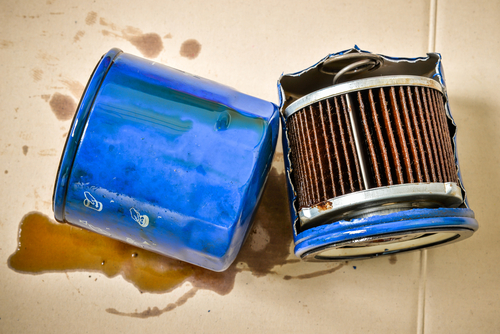
Oil Filter
The oil filter removes contaminants from your engine oil, preventing early wear and tear.
- Change the oil filter every time you change your engine oil or every 3,000-5,000 miles.
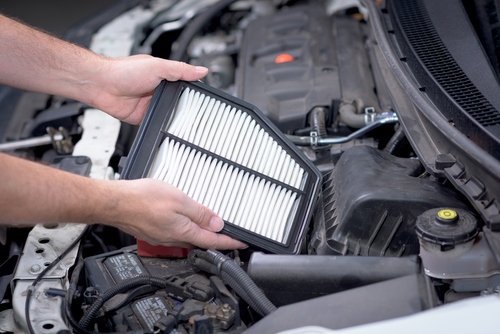
Air Filter
A clean air filter ensures that your engine receives an adequate supply of clean air for combustion.
- Replace your air filter every 12,000-15,000 miles, or more frequently if you drive in dusty conditions.
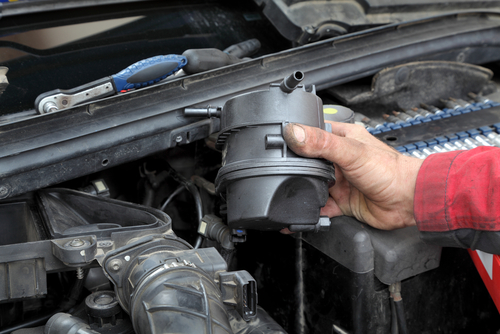
Fuel Filter
The fuel filter keeps impurities and contaminants out of your engine’s fuel supply.
- Replace the fuel filter every 30,000 miles to maintain optimal fuel efficiency and prevent potential damage to your engine.
Top-up Engine Fluids During Car Engine Maintenance
Maintaining proper fluid levels in your car is essential for optimal engine performance and reliability.
Engine fluids serve various essential functions in a vehicle. It ensures optimal performance, reliability, and longevity. Here is a brief overview of the purposes of different engine fluids:
- Transmission Fluid: This lubricates the moving parts of the transmission, ensuring smooth gear shifts and preventing excessive wear. It cools the transmission and helps maintain optimal operating temperature.
- Coolant (Antifreeze): This fluid circulates through the engine and radiator, absorbing heat from the engine and releasing it through the radiator. It helps to maintain the engine’s temperature within the desired range, preventing overheating and engine damage.
- Brake Fluid: This is a hydraulic fluid that transfers the pressure applied on the brake pedal to the brake calipers and/or wheel cylinders. It enables the vehicle to stop. It must have a high boiling point to prevent vaporization under high temperatures, ensuring consistent braking performance.
- Power Steering Fluid: Hydraulic fluid enables the smooth operation of the power steering system. This makes it easier to steer the vehicle. Steering fluid lubricates and protects the moving parts. It helps prevent wear and corrosion.
- Windshield Washer Fluid: This cleaning solution helps remove dirt, dust, and debris from the windshield, improving visibility and ensuring safe driving.
Each of these fluids is important for your vehicle to work well and stay in good shape. They team up to make sure your car runs smoothly, performs well, and is safe. Keep an eye on fluid levels and refill them as needed during routine car engine maintenance. Change fluids based on what the maker of your car suggests, or if they get dirty. Taking care of your engine fluids stops parts from wearing out too soon. Reguilar maintenance makes your vehicle last longer, and leads to safer driving.
Which engine oils need to be replaced during car engine maintenance?
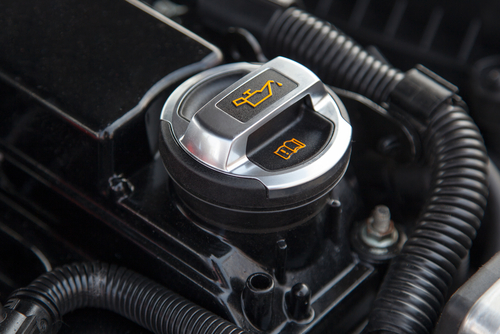
Engine Oil
Motor oil lubricates the moving parts of the engine. It reduces friction and wear. It also helps dissipate heat generated by the engine. Motor oil helps to clean the engine as it removes dirt and debris.
Check your engine oil level regularly and top it up as needed. Always use the type of oil recommended by your car’s manufacturer.
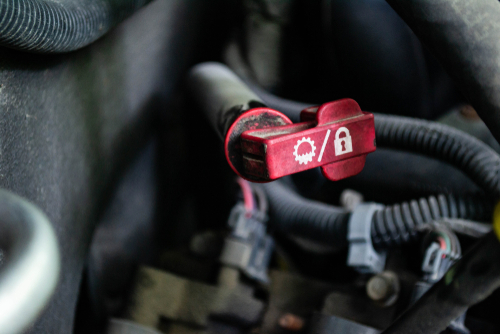
Transmission Fluid
Transmission fluid lubricates the moving parts of the transmission, ensuring smooth gear shifts and preventing excessive wear. Transmission fluid cools the transmission and helps maintain optimal operating temperature.
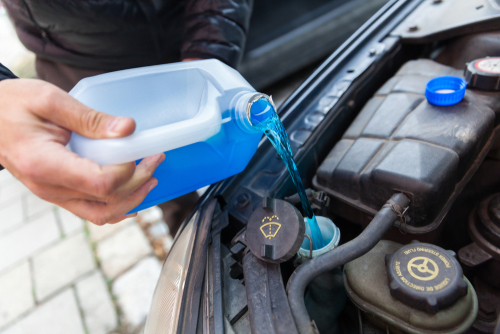
Coolant
Coolant prevents your engine from overheating and freezing. Check the coolant level regularly and top it up as needed.
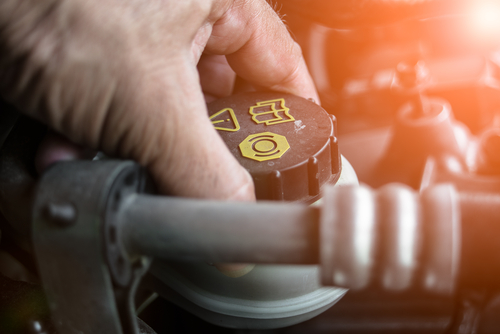
Brake Fluid
Brake fluid is essential for your car’s braking system. Check the brake fluid level regularly and top it up as needed to maintain the effectiveness of your car’s brakes.
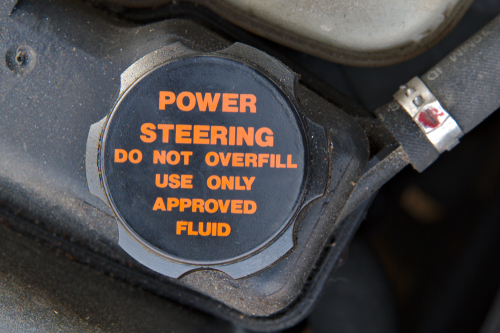
Power Steering Fluid
Power steering fluid helps to maintain the smooth operation of your car’s steering system. Check the power steering fluid level regularly and top it up as needed or at recommended service intervals.
Car Engine Maintenance: Keeping Your Engine in Top Shape by Replacing Timing Belts and Spark Plugs
Changing your car’s timing belts and spark plugs during routine car engine maintenance is important for several reasons:
Engine Performance: Timing belts and spark plugs are key to keeping your engine working well. A worn timing belt can cause engine problems and poor performance. Old or bad spark plugs can lead to engine misfires, less fuel efficiency, and slow acceleration.
Preventing Breakdowns: A broken timing belt can cause major engine damage. It can lead to bent valves, damaged pistons, or even a destroyed cylinder head. Replacing the timing belt as the manufacturer suggests can help prevent these problems and save you money on repairs. Worn-out spark plugs can make your engine stall or not start at all.
Fuel Efficiency: Good spark plugs help your engine use fuel efficiently. They provide a strong spark that ignites the air-fuel mixture in the combustion chamber. Old or dirty spark plugs will cause incomplete combustion. This will make your engine use more fuel than needed.
Emissions: Spark plugs that work well help lower emissions by making sure the air-fuel mixture burns completely. Worn spark plugs can cause unburned fuel to pass through the exhaust system, increasing emissions and polluting the air.
Overall Reliability: Changing timing belts and spark plugs improves reliability, prevents breakdowns, and costly repairs.
Changing your car’s timing belts and spark plugs is essential for maintaining optimal engine performance. It enhances fuel efficiency and reliability. It also helps prevent breakdowns, reduces emissions, and contributes to a safer driving experience.
Follow the manufacturer’s recommended maintenance intervals to replace these critical components when necessary. This will ensure that your car remains dependable and enjoyable to drive for many years to come. So how do you do that?
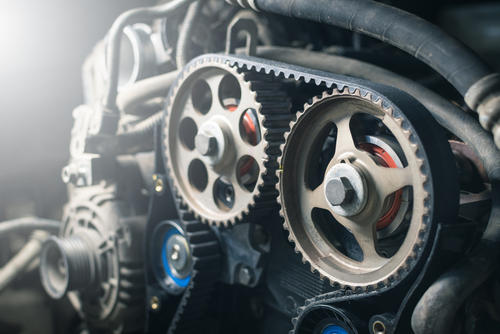
Timing Belt
The timing belt helps your car’s engine parts move together correctly. It makes sure the engine’s valves work at the right time. Most car companies suggest changing the timing belt every 60,000-100,000 miles. If you don’t, it could cause major damage to your engine.
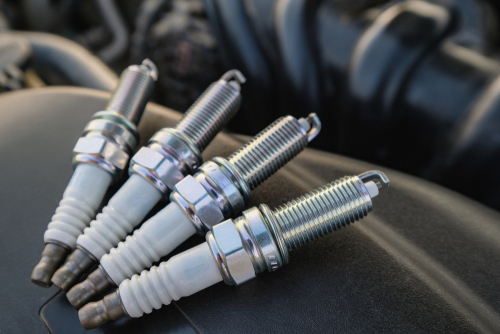
Spark Plugs
Spark plugs help light the fuel and air mix in your engine. Bad spark plugs can make your car use more gas, work less well, and even have engine problems. Change your spark plugs when your car maker says you should, usually between 30,000 and 100,000 miles, based on the kind of spark plugs.
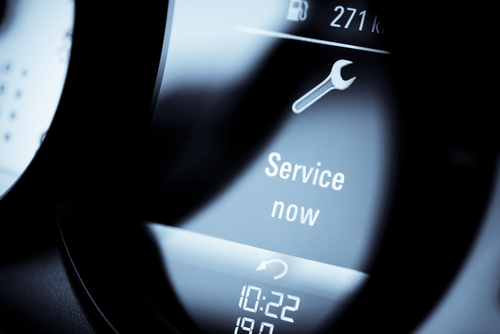
Stick to Service Intervals
Following the recommended service intervals helps maintain your engine’s performance and reliability. Regular maintenance services include oil and filter changes, fluid checks, and inspections of various engine components.
Enhance Engine Performance Through Smooth Driving
Regular car engine maintenance makes your car last longer. Here are some tips for driving smoothly and keeping your engine in good shape:
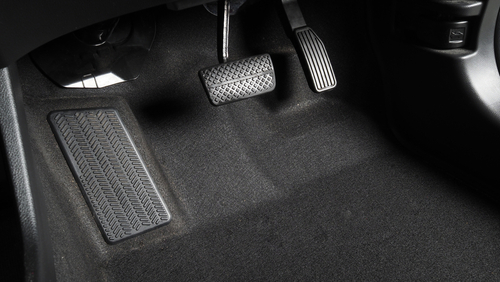
Accelerate Gradually
Quickly speeding up and stopping suddenly can be hard on your engine and other parts. Gently speeding up is better for saving gas and keeping your engine healthy.
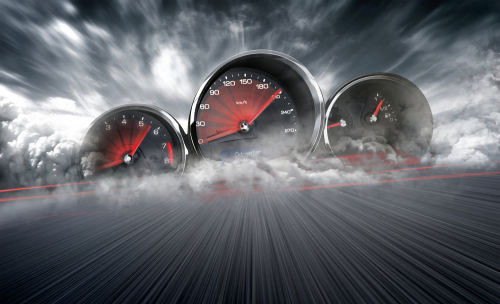
Maintain a Consistent Speed
Maintaining a consistent speed, especially on the highway, improves fuel efficiency. It also reduces wear on your engine. Use cruise control to help maintain a constant speed.

Avoid Overloading Your Vehicle
Putting too much weight in your car can cause extra stress on your engine and other parts. This can lead to more wear and lower performance. Be aware of your car’s weight limit and don’t carry things you don’t need.

Shift Gears Properly
It’s important to change gears smoothly and at the right RPM. Shifting too soon or too late can cause extra wear on your engine and transmission.
Keeping your car’s engine in good shape for performance and dependability is important for a longer life and a safe, fun driving experience. Look at your car’s owner’s manual and request expert help with car engine maintenance.
Remember to read other articles on the Nationwide Auto Transportation blog for more helpful tips and details on car care and auto transport across America’s main routes.



